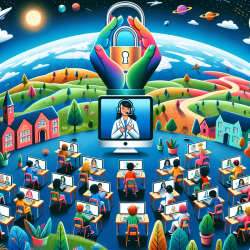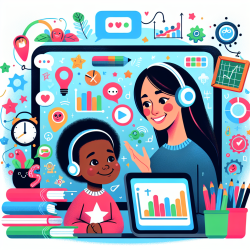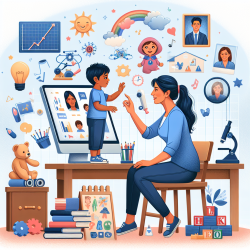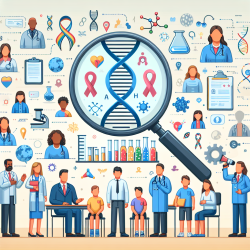In the ever-evolving landscape of online therapy, practitioners must continually enhance their skills to address complex challenges. A recent research article, "Moving graduate and professional education forward to develop leaders equipped to effectively address wicked problems," offers valuable insights that can significantly benefit online therapists.
The study, authored by Kaufman and Stedman (2022), emphasizes the need for leadership education that prepares professionals to tackle "wicked problems"—complex, multifaceted issues that lack straightforward solutions. The research highlights several strategies that online therapists can implement to improve their practice:
- Embrace Collaborative Learning: The research advocates for a shift from traditional, individualistic approaches to collaborative learning frameworks. Online therapists can benefit from engaging in team-based learning and problem-solving, which can lead to more innovative and effective solutions for their clients.
- Develop Eco-Leadership Skills: The concept of eco-leadership, which focuses on connectivity and collective problem-solving, is particularly relevant for online therapists. By fostering a collaborative environment and leveraging diverse perspectives, therapists can better address the unique needs of their clients.
- Integrate Real-World Contexts: The study suggests that using real-world scenarios as learning contexts can enhance the practical application of theoretical knowledge. Online therapists can incorporate case studies and simulations that reflect real-life challenges, thereby improving their ability to respond to complex client situations.
- Promote Lifelong Learning: The research underscores the importance of lifelong learning and continuous professional development. Online therapists should seek out opportunities for ongoing education and training to stay current with the latest advancements in their field.
By adopting these strategies, online therapists can enhance their ability to address the multifaceted challenges they encounter in their practice. The emphasis on collaborative learning, eco-leadership, real-world contexts, and lifelong learning aligns well with the dynamic nature of online therapy, where adaptability and innovation are crucial.
For those interested in delving deeper into the research, the original paper provides a comprehensive exploration of these concepts and their applications in professional education. The full article can be accessed through the following link: Moving graduate and professional education forward to develop leaders equipped to effectively address wicked problems.










